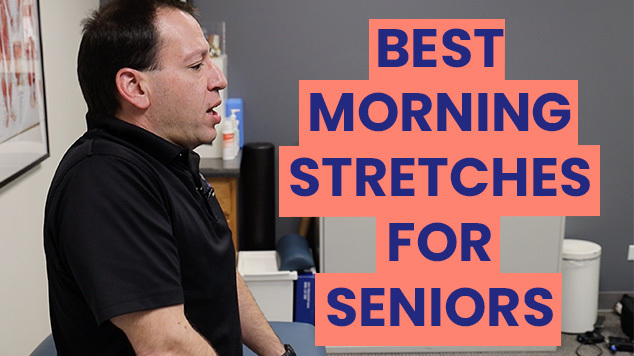 It’s natural to lose some mental sharpness as we get older. An odd memory lapse or slow reaction time is expected of seniors from time to time, but there are more serious issues at play here. Dementia and senility are real fear for senior citizens. There are, however, several steps which can be taken to keep your mind sharp long before it gets to that stage. Let’s take a look at some of the best ways to stay mentally sharp.
It’s natural to lose some mental sharpness as we get older. An odd memory lapse or slow reaction time is expected of seniors from time to time, but there are more serious issues at play here. Dementia and senility are real fear for senior citizens. There are, however, several steps which can be taken to keep your mind sharp long before it gets to that stage. Let’s take a look at some of the best ways to stay mentally sharp.
Keep Learning
The first and most obvious tip on the list is to keep learning. That can come in many forms whether it’s taking a college course or delving into a new hobby. Many seniors have already benefitted from learning a little more about computing and email, while others have used new technology for their learning. Apps like Elevate and Lumosity have millions of users, many of whom are seniors.
“The benefits of ensuring that ongoing learning is a part of a care package are hard to deny,” said Fiona Aldridge, programme director of the National Institute of Adult Continuing Education. “It has significant benefits in terms of improving people's mental health and reducing their reliance on medication.”
Mental stimulation generates new connections between nerve cells and may even help the brain to create new cells. This is key to limiting those moments of memory loss and brain fogginess.
Live Healthily
This is a good tip not just for your body, but your mind as well. It matters what you put inside your body with studies suggesting that a Mediterranean-style diet which emphasizes fruits, vegetables, fish, nuts, and unsaturated fats like olive oil will help reduce the risk of cognitive impairment and dementia.
Medical professionals encourage people of all ages to exercise for between 30 and 45 minutes each day. The perks are undeniable with a decreased level of obesity, lower blood pressure and a better chance of avoiding cancer. All of that is obvious but many people don’t consider the positive effects which regular exercise can have on your brain.
Regular exercise increases the numbers of vessels which take oxygen-rich blood to your brain, as well as stimulating the development of new cells. The result is that your grey matter is healthier, faster, and more adaptive to change.
Play Games
Keeping your brain active doesn’t have to be boring. If the idea of learning a new language or delving into a classic novel doesn’t appeal to you, there are plenty of other ways to keep your grey matter ticking over.
“Your brain is a learning machine,” says Dr Michael Merzenich, a neuroscientist at the University of California, San Francisco. “Anything that closely engages your focus and is strongly rewarding.” That is quite a broad sentiment and can be applied to so many things. Many seniors do jigsaw puzzles, crosswords or play ping pong and there is a growing trend in Japan which uses gambling to combat dementia. Not everyone can visit their local bingo hall but there are online casinos like Betway which can keep those brain cells ticking over. This can increase mental flexibility and alertness, as well as physical benefits like hearing and hand-eye coordination.
Improve Your Posture
There is a reason why people of all ages should sit up straight. As well as a smaller chance of back pain, better posture has many other benefits. There is, in fact, a link between good posture and improved cognitive function. An upright posture can increase the flow of blood and oxygen to your brain with some accounts suggesting upwards of a 40% change.
Get Creative
There are certain similarities in the brains of creative individuals and seniors with some suggesting that the older we get, the more creative we should become. Many ageing people have done just that like the acclaimed painter Grandma Moses who didn’t take up a brush until she was in her 70’s. There are numerous similar cases like Millard Kaufman who published his first novel at the age of 90 and Frank Lloyd Wright who finished designing the Guggenheim Museum at the age of 92.
Studies have shown that artistic expression and interpretation can improve long-term memory, concept construction and the activation of neural networks that process information. This is certainly achievable for seniors who have accumulated a lifetime of knowledge and now have the time to pursue interests. So why not start on that novel or pick up a new musical instrument? Your brain will certainly appreciate it. Just remember to exercise, eat healthily and sit up straight while you do it.


Comments